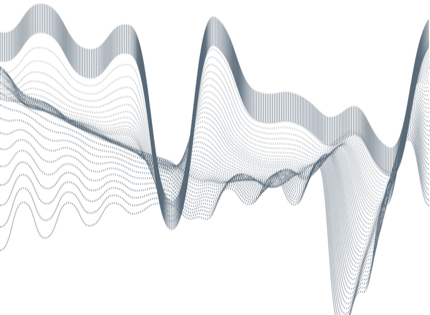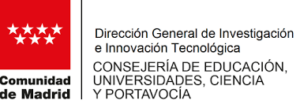Research Groups
Job opportunities
There are currently no job offers in this section.


The vision for sixth-generation (6G) mobile networks sets extraordinarily high bars for future communication systems, which shall meet outstanding performance requirements, including near-zero latency, apparent infinite capacity, and 100% reliability and availability. In order to meet these ambitious goals, 6G networks are expected to complete the transition to full virtualization, and support Zero-touch Network and Service Management (ZSM) solutions capable of completely automating the orchestration of network resources.
Artificial Intelligence (AI) is widely regarded as the primary enabler for the decision-making algorithm that will underpin ZSM. In particular, AI is expected to provide support anticipatory MANO, i.e., take decisions that proactively address future shifts in the user demands, which calls for AI models tailored for the forecast of key performance indicators (KPIs) of network traffic.
However, for AI predictors to be deployed in production-grade operational systems serving millions of users, robustness is critical, and, in fact, one of the major barriers presently withholding MNOs from trusting ZSM technologies. In the case of mobile network KPI prediction, it is paramount not only that forecasts are accurate upon deployment, but also that they stay so over time. The task is not obvious, since both user demands and network configurations are time-varying, due to the adoption of new services, shifts in the popularity of mobile applications, availability of faster communication technologies, network configurations changes, deployment of additional carriers, or decommissioning of old antennas. These phenomena occur over timescales of weeks, and are characterized by a combination of steady trends and abrupt events.
This research targets precisely the development of practical AI predictors shall be able to cope with these complex temporal dynamics, and retain their forecasting quality despite the underlying system changes.
This project is funded by the Regional Government of Madrid (Department of Education, Sience, Universities and Spokesperson’s office) though the grant 2023-5A/TIC-28944. This grant is an extension of the Talent Attraction grant 2019-T1/TIC-16037, awarded to Dr. Marco Fiore in 2019 call to fund the research project NetSense.

There are currently no job offers in this section.